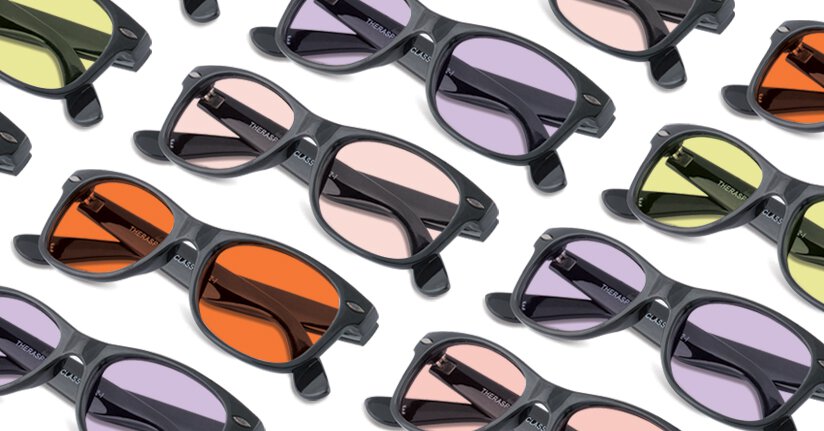Concussion Prevention for Student Athletes
Back-to-school means a return to sports for many kids. Participating in sports is great for kids’ health, but can also increase the risk of concussion. The American Migraine Foundation and the CDC’s Heads Up program provide the following recommendations for preventing concussions.
- Find out what special rules coaches have in place to reduce the chance of concussion. Talk to your child about the importance of following these rules.
- Be sure coaches and trainers know the signs and symptoms of concussions. They’re the first people who will assess your child’s injury, so they need to be well trained.
- Learn the school’s policies regarding removing injured students from play and not allowing them to return until cleared by a qualified health care professional. Be sure the school enforces this policy strictly.
- Teach your child about how serious concussions can be and be sure they know what symptoms to be aware of. Tell them to get off the field immediately and inform the coach, trainer, and you if they have nausea, headache, vomiting, dizziness, blurry or double vision, or feels “foggy” or sleepy.
- Encourage your child to practice good sportsmanship always. Poor sportsmanship increases the concussion risk for your child and puts the opposing player at risk, too.
- Ensure that your child has the correct protective gear for the sport and that it fits properly and is well-maintained. Teach your child how to wear the equipment correctly.
- Remember that while wearing a helmet reduces the chance of a serious brain injury or skull fracture, there are no “concussion-proof” helmets. Teach your child to avoid hits to the head even if they’re wearing a helmet.
- Encourage your child to join teams where players are similar in height, weight, strength, and level of training. Being outmatched in any of these areas increases the risk of concussion.
Even the most careful child could sustain a concussion while playing a sport. Before the season begins, you can do two things to ensure the best possible care following a head injury. First, have your child undergo a baseline concussion test and tell the coach what the test found. Baseline concussion tests are an invaluable comparison tool to assess changes in brain function following a head injury. Second, tell the coach about any prior concussions your child has had.
Following these suggestions will help keep your child safe while they're enjoying the fun and rewarding experience of playing sports.
TheraSpecs Glasses for Your Health
Try our therapeutic glasses and get relief for issues triggered by light, such as migraines, headaches, photophobia, concussion symptoms, seizures, eye health, and sleep.




